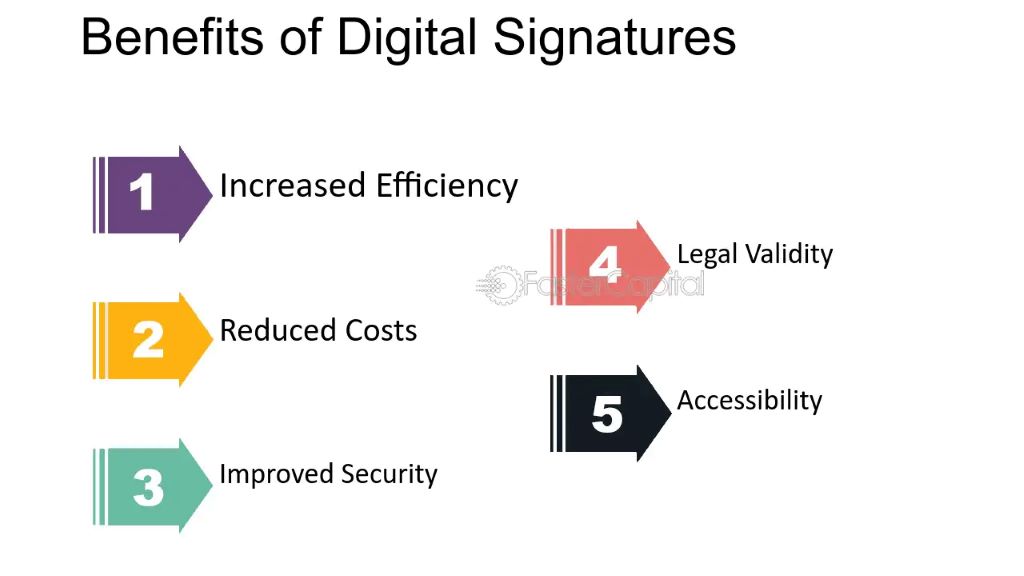In an era marked by rapid digital transformation, the way we conduct business has undergone a profound evolution. One of the most significant shifts has been the transition from traditional, paper-based contracts to electronic agreements facilitated by e-signatures and online platforms. This revolution has not only streamlined processes but also opened up new opportunities for efficiency, security, and collaboration.
Understanding E-Signatures
An e-signature is essentially a digital equivalent of a handwritten signature, providing a legal and admissible method of signing electronic documents. Contrary to the misconception that e-signatures lack authenticity, they are governed by robust legal frameworks, such as the Electronic Signatures in Global and National Commerce (ESIGN) Act in the United States and similar legislation in other countries. These laws ensure that e-signatures are binding and enforceable, tying up contracts securely, and allowing businesses and individuals to conduct transactions efficiently. To discover more about how e-signatures streamline processes, legal professionals and businesses can explore their benefits further.
To ensure the validity of an e-signature, most platforms employ advanced security measures. These include:
- Authentication: Verifying the identity of the signer through various methods like password authentication, two-factor authentication, or digital certificates.
- Data Integrity: Protecting the document from unauthorized alterations by using cryptographic hashes or digital timestamps.
- Non-repudiation: Preventing signers from denying their signature by capturing detailed audit trails.
The Benefits of E-Signatures and Online Platforms
The adoption of e-signatures and online contract platforms has brought about numerous advantages for businesses and individuals alike:
- Speed and Efficiency: The process of creating, signing, and storing contracts is significantly accelerated. Eliminating the need for printing, scanning, and physical delivery saves time and resources.
- Cost Reduction: By digitizing the contract lifecycle, businesses can reduce costs associated with paper, printing, postage, and storage.
- Enhanced Security: E-signature platforms often incorporate advanced security features to protect sensitive contract information from unauthorized access.
- Improved Collaboration: Online platforms facilitate seamless collaboration among multiple parties involved in a contract, allowing for real-time updates and efficient communication.
- Environmental Friendliness: Reducing paper consumption contributes to environmental sustainability efforts.
- Accessibility: E-signatures and online platforms can be accessed from anywhere with an internet connection, enabling remote work and global business operations.
- Data Analytics: Some platforms offer analytics tools to track contract performance, identify bottlenecks, and optimize contract management processes.
Choosing the Right E-Signature Platform
With a plethora of e-signature platforms available, selecting the right one for your needs is crucial. Consider the following factors when making your decision:
- Features: Evaluate the platform’s core functionalities, such as document creation, signature workflows, templates, and integrations with other software.
- Security: Prioritize platforms that offer robust security measures to protect sensitive data.
- Compliance: Ensure the platform adheres to relevant legal and industry standards.
- Scalability: Choose a platform that can accommodate your business’s growth and increasing contract volume.
- User Experience: Opt for a platform with a user-friendly interface that is easy to navigate.
- Cost: Compare pricing plans and features to find the best value for your budget.
Best Practices for E-Signatures and Online Contracts
To maximize the benefits of e-signatures and online platforms, consider these best practices:
- Clear and Concise Contracts: Well-structured and easy-to-understand contracts facilitate efficient review and signing.
- Proper Authentication: Implement strong authentication methods to verify the identity of signers.
- Secure Storage: Store electronic contracts securely to protect sensitive information.
- Regular Audits: Conduct periodic audits to ensure compliance with legal requirements and internal policies.
- Employee Training: Provide employees with training on e-signature processes and best practices.
Maximizing Productivity with Orbi Blue Light: Harnessing the Power
The Future of Contracts
The integration of e-signatures and online platforms into the contract lifecycle is just the beginning of a transformative journey. Emerging technologies, such as artificial intelligence and blockchain, hold the potential to further revolutionize the way we create, manage, and execute contracts.
For instance, AI-powered contract analysis can automate the review process, identify potential risks, and accelerate contract negotiation. Blockchain technology can provide an immutable and transparent record of contract terms and signatures, enhancing trust and security.
Related: 5 Apps to Organize Your Closet and Plan Outfits
As the legal and technological landscape continues to evolve, businesses and individuals need to stay informed and adapt to the latest advancements. By embracing e-signatures and online platforms, organizations can streamline operations, reduce costs, and enhance overall efficiency while maintaining the highest levels of security and compliance.
The power of technology has undoubtedly transformed the world of contracts, making it more accessible, efficient, and secure than ever before.





